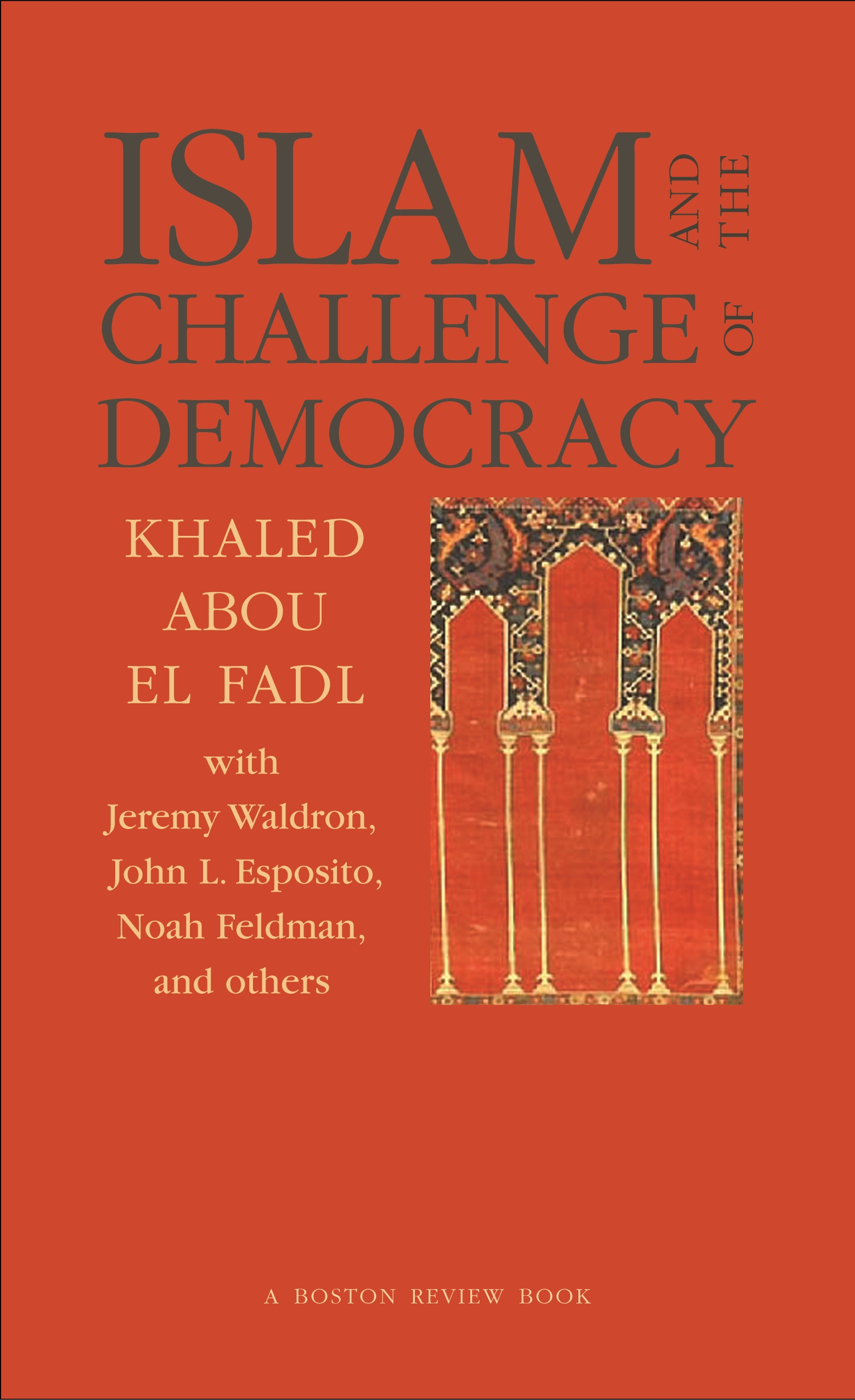

Rockhill's counter-history thereby offers a new grammar for historical narratives, creating space for the articulation of futures no longer engulfed in the perpetuation of the present.Chapter 7. Developing an alternative account of the current conjuncture that acknowledges the plurality of lived experiences around the globe and in different social strata, he shifts the foundations upon which debates about the contemporary world can be staged. military interventions on the behalf of capital. He also critiques the concurrent valorization of democracy, which is often used to justify U.S. Noting how such a narrative fails to account for the experiences of the billions of people who lack economic security, digital access, and real political power, Rockhill interrogates the ways in which this grand narrative has emerged in the same historical, economic, and cultural context as the fervid expansion of neoliberalism.

In Counter-History of the Present Gabriel Rockhill contests, dismantles, and displaces one of the most widespread understandings of the contemporary world: that we are all living in a democratized and globalized era intimately connected by a single, overarching economic and technological network.
#Democracy for the few 9th edition pdf full
Only a philosopher of Rockmore’s stature could tackle a project this substantial, and the results are remarkable: a fresh Marx, unencumbered by doctrine and full of insights that remain salient today. Marx’s failures as a thinker, Rockmore shows, lie less in his diagnosis of industrial capitalism’s problems than in the suggested remedies, which are often unsound. And, crucially, Rockmore relies on the normal standards of philosophical debate, without the special pleading to which Marxist accounts too often resort.

#Democracy for the few 9th edition pdf free
Second, he seeks to free Marx from his unsolicited Marxist embrace in order to consider his theory on its own merits. First, he shows that the concern with the relation of theory to practice-reflected in Marx’s famous claim that philosophers only interpret the world, while the point is to change it-arose as early as Socrates, and has been central to philosophy in its best moments. Rockmore breaks with the Marxist view of Marx in three key ways. With Marx’s Dream, Tom Rockmore offers a much-needed alternative view, distinguishing rigorously between Marx and Marxism. Two centuries after his birth, Karl Marx is read almost solely through the lens of Marxism, his works examined for how they fit into the doctrine that was developed from them after his death. Democracy for Realists provides a powerful challenge to conventional thinking, pointing the way toward a fundamentally different understanding of the realities and potential of democratic government. Achen and Bartels argue that democratic theory needs to be founded on identity groups and political parties, not on the preferences of individual voters. Thus, voters do not control the course of public policy, even indirectly. When parties are roughly evenly matched, elections often turn on irrelevant or misleading considerations such as economic spurts or downturns beyond the incumbents' control the outcomes are essentially random. They also show that voters adjust their policy views and even their perceptions of basic matters of fact to match those loyalties. They demonstrate that voters-even those who are well informed and politically engaged-mostly choose parties and candidates on the basis of social identities and partisan loyalties, not political issues. Christopher Achen and Larry Bartels deploy a wealth of social-scientific evidence, including ingenious original analyses of topics ranging from abortion politics and budget deficits to the Great Depression and shark attacks, to show that the familiar ideal of thoughtful citizens steering the ship of state from the voting booth is fundamentally misguided. Why our belief in government by the people is unrealistic-and what we can do about it Democracy for Realists assails the romantic folk-theory at the heart of contemporary thinking about democratic politics and government, and offers a provocative alternative view grounded in the actual human nature of democratic citizens.


 0 kommentar(er)
0 kommentar(er)
